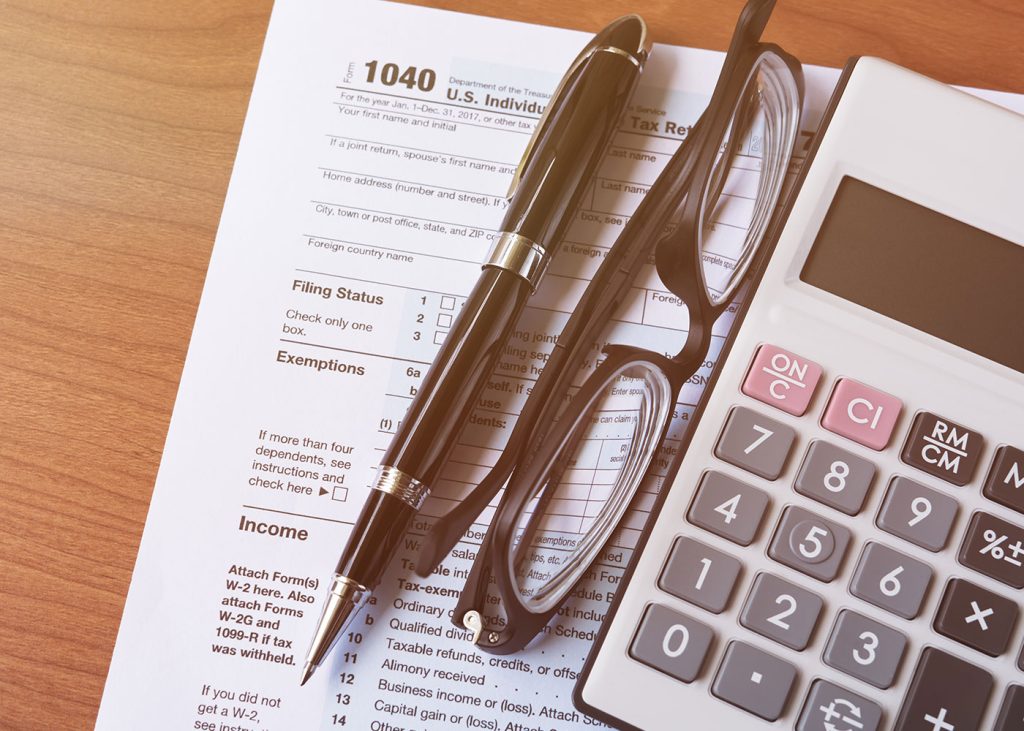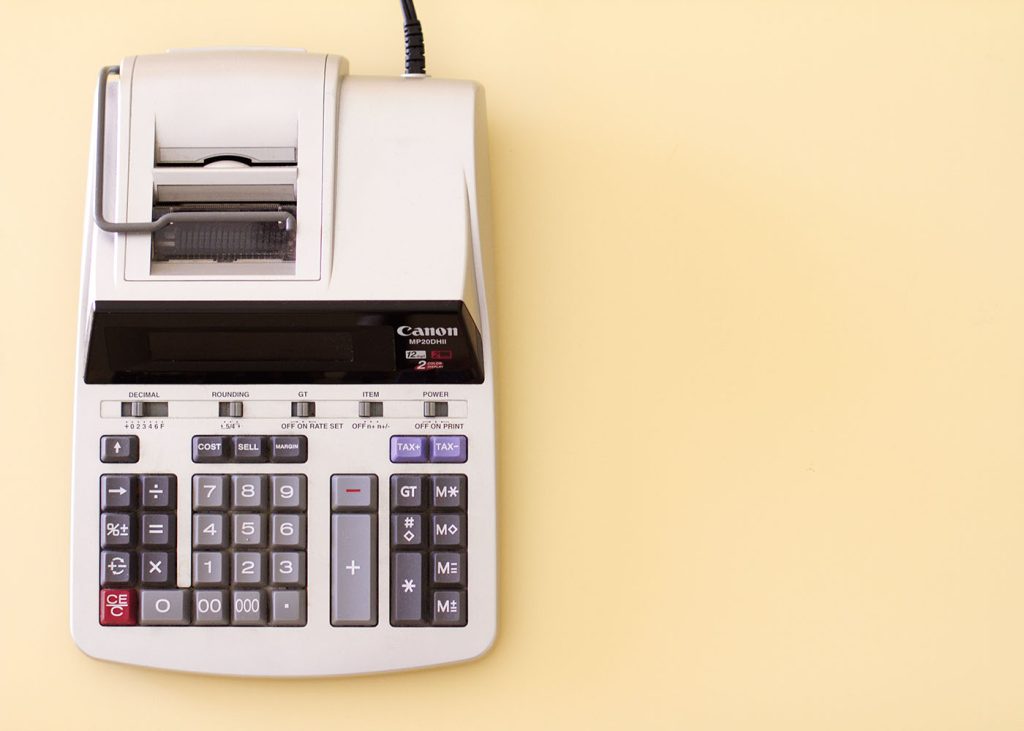The tax season is officially here. If you haven’t already, now is the time to get prepared. Whether you meet with a tax professional or prepare your taxes yourself, proper planning helps the processes go more smoothly and may reduce the risk of costly errors. Check out the tips below and prepare to tackle this tax season with confidence.
To-Do #1: Gather All of Your Forms
Beginning in January, you likely started to receive the forms you need to properly complete your tax return. If you are expecting a large refund, you will want to make a list so you don’t forget anything that could affect it. Once you have received your documents, first give them a scan to make sure they are correct and contact the sender if there are any discrepancies. Remember, even a simple misspelling can cause a flag with your tax return. Inspect all of your documents carefully.
Some of the forms you will need to look out for include:
- W-2s from your job
- SSA-1099 for Social Security benefits
- 1099s for additional income, interest, gains and losses
- 1095-A for government marketplace health coverage
- 1098s for reporting interest and tuition payments
- W-2Gs for any gambling winnings
- Schedule K-1s for company ownership
To-Do #2: Round Up Your Receipts
If you have your own business or plan on itemizing your deductions, you will need to record expenses so that you can take advantage of any available write-offs. Gather all the receipts for business expenses, medical expenses and other expenses that can be listed on your Schedule A or Schedule C. Receipts can be physical receipts or bank and credit card statements that show payments for these items. Once gathered, organize them by type, so they are easy to find when you begin filing.
To-Do #3: Acquire Records of All Charitable Contributions
Throughout the year, you may have made donations to a tax-exempt organization. These donations can provide you with a charitable contribution write off. Traditionally, this could only be done if you choose to itemize your deduction. However, because of the CARES Act, filers who choose a standard deduction may be able eligible to write-off up to $300 in charitable contributions.1
Other donation types will still require an itemized deduction and documentation. Most organizations, from churches to fundraisers, can provide a record of your tax-deductible contributions.
To-Do #4: Create a List of All Personal Information
While you likely know your Social Security number by heart, you will want to jot down the Social Security numbers of any dependents you wish to claim. This way it is easy to access and you can be sure it’s accurate. Also, make a list of addresses for any properties you own as well as the dates on which they were bought or sold.
To-Do #5: Get a Copy of Last Year’s Tax Return
If you are using the same preparer as the previous year, they should have a copy of your tax return. If not, find your old copy and have it ready with your other tax items. Being able to reference your previous return can help you see what you filed last year, so you don’t overlook something this year.
To-Do #6: Determine How You Will Spend Your Refund
If you expect to get a refund this year, you might want to take some time to consider what you plan to do with your return once you receive it. You have the option to apply your payment towards your tax bill next year if you believe you will owe. This can be a good idea for those who pay estimated taxes throughout the year as it can often put a chunk towards your first installment.
Alternatively, you can choose to send the money directly to a checking or savings account, or contribute it to an IRA, health savings account or education account. If you plan to split the funds between accounts, you will need to complete a Form 8888.
Don’t let tax preparation leave you feeling overwhelmed. Enjoy less stress and a smoother process by preparing everything you need for filing this tax season.




